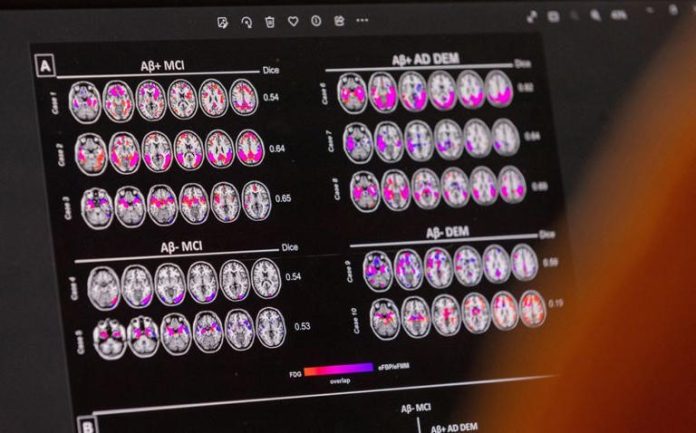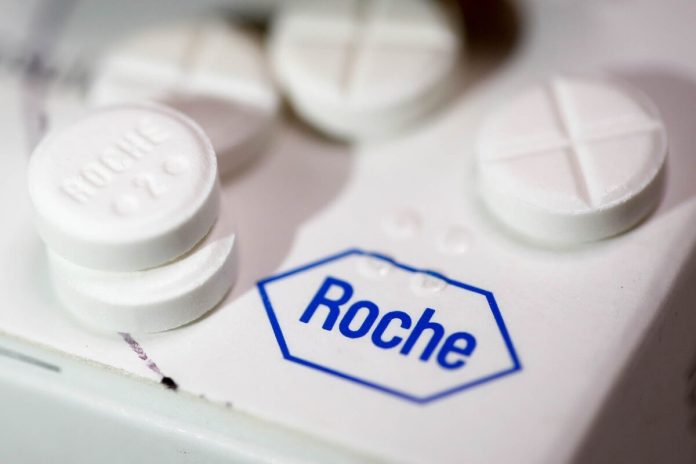High-stakes Novo Nordisk Alzheimer’s studies could yield answers on GLP-1 benefit
Studies from Novo Nordisk (NOVOb.CO), opens new tab due early next month will give the strongest indication yet of whether blockbuster GLP-1 drugs – a class being used by millions for diabetes and weight loss – can slow progress of Alzheimer’s disease.
Two trials, described by Novo as a “lottery ticket, opens new tab,” are testing its older diabetes pill Rybelsus that has the same active ingredient – semaglutide – as Ozempic and Wegovy in thousands of people with mild Alzheimer’s. The goal is to decrease patients’ rate of cognitive decline by at least 20%.
Keep up with the latest medical breakthroughs and healthcare trends with the Reuters Health Rounds newsletter. Sign up here.
Alzheimer’s experts say success would usher in a convenient new treatment to slow progression of the mind-robbing disease defined by toxic amyloid plaques in the brain that affects 50 million people globally.
Regardless of the results, researchers expect to glean important clues for future study into how and why these types of drugs, which include Eli Lilly’s (LLY.N), opens new tab Zepbound and Mounjaro, may be useful against the disease.
“It really has a chance to be transformational,” Alzheimer’s Association Chief Science Officer Maria Carrillo said.
She and other Alzheimer’s experts told Reuters it’s not clear how drugs that target the GLP-1 receptor impact the brain.
Most of the evidence going into the trials supported the use of GLP-1s in patients who have dementia associated with diabetes and obesity.
The Alzheimer’s studies were launched in 2021 based on animal evidence and analysis of human studies showing a reduced risk of dementia or Alzheimer’s in diabetes patients treated with GLP-1s, a Novo spokesperson said. A small study of the company’s older injectable GLP-1, liraglutide, found it slowed the loss of brain volume in people with mild Alzheimer’s.











